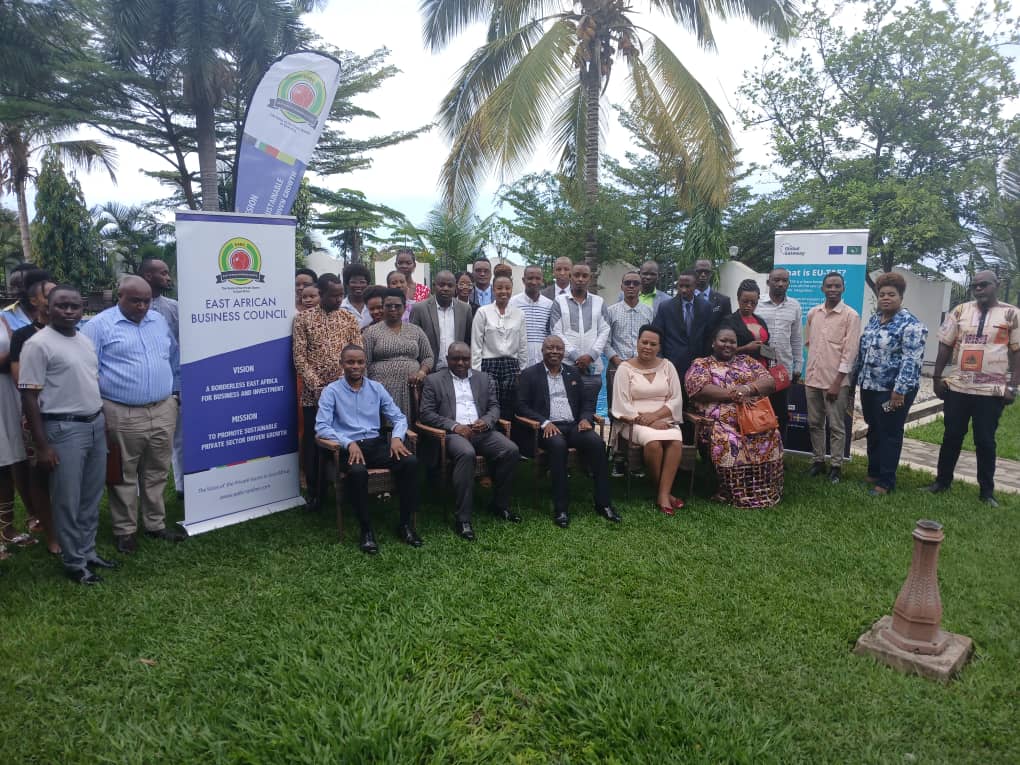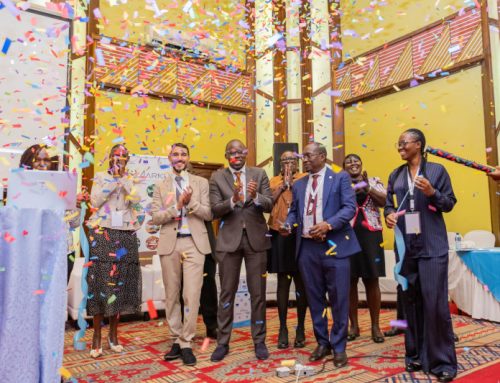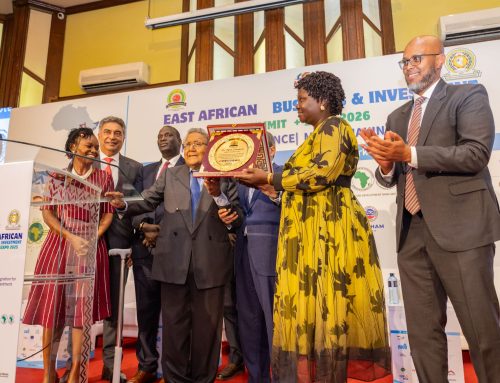- Burundi’s merchandise exports to Africa reached USD 73 million in 2023.
Bujumbura, Burundi, 8th November 2024 — In partnership with the Team Europe Technical Assistance Facility to Support the AfCFTA and Continental Economic Integration (EU-TAF), the East African Business Council (EABC) sensitized 50 SMEs in Burundi on AfCFTA opportunities, including the Guided Trade Initiative, AfCFTA Adjustment Fund, and the integration of East African Community (EAC) value chains.
The two-day workshop was officiated by Hon. Jean Samandari, Secretary General of ACOBU. Hon. Samandari expressed gratitude to the EABC for organizing the workshop with support from EU-TAF. He reiterated that the AfCFTA has the potential to lift 30 million people out of extreme poverty, increase Africa’s income by $450 billion, and add $76 billion to the global economy. He highlighted that the AfCFTA presents significant opportunities not only for large corporations but also for SMEs, youth, and women-owned businesses.
He further emphasized that while the AfCFTA opens access to markets across the continent, it also serves as a wake-up call for traders and investors in the EAC region to prepare for increased competition and strategize to address potential challenges. “We must embrace digitalization, integrate digital trade, enhance compliance with standards, and build capacity for meaningful partnerships,” he said.
In his opening remarks, Gift Gabriel, Trade Information Officer representing the Acting Executive Director of the EABC, stated that Burundi’s merchandise exports to Africa were USD 73 million in 2023, up from USD 66 million in 2022, while merchandise imports were USD 384 million in 2023, up from USD 337 million in 2022 (EAC Trade and Investment Report 2023). Gabriel highlighted AfCFTA’s transformative potential, noting that trading has already commenced under the Guided Trade Initiative. He explained that the AfCFTA will build on the successes of the Regional Economic Communities, with the potential to connect 1.3 billion people and a combined GDP of $3.4 trillion. He emphasized the urgency of implementing the agreement, which requires state parties to eliminate tariffs on 90% of goods progressively, ultimately enabling free access to at least 97% of goods and services across the continent.
Products with high export potential to Africa from Burundi include bars and rods of iron or steel, hot-rolled products, wheat or meslin flour, coffee, textiles, beer, soaps, and black tea (International Trade Centre Export Potential Map).
Gabriel noted that the EABC will continue to support the private sector in seizing these opportunities, ensuring that businesses across the region fully benefit from the AfCFTA. He also stressed the importance of enhancing transport systems, trade facilitation, and digitalization to expedite the agreement’s implementation.
The two-day workshop convened over 50 participants from sectors such as agro-processing, imports, manufacturing, arts and crafts, professional services, business membership organizations, and sectoral associations. Attendees were trained on opportunities under the Guided Trade Initiative, the AfCFTA Adjustment Fund, and EAC value chain integration, with support from EU-TAF for AfCFTA and continental economic integration.
The AfCFTA prioritizes key value chains to drive intra-African trade and industrial growth, including agriculture, agro-processing, pharmaceuticals, automotive, transport and logistics, and textiles and apparel. By focusing on these sectors, the AfCFTA aims to create jobs, boost regional trade, and strengthen Africa’s global competitiveness.
The African Export-Import Bank (Afreximbank) and the AfCFTA Secretariat have established the AfCFTA Adjustment Fund, headquartered in Rwanda. The fund supports countries and private entities in transitioning to the AfCFTA trading regime through financing, technical assistance, grants, and mitigation funding.
SMEs engaged in value chain analysis discussions to improve their products and services, focusing on identifying gaps and opportunities to enhance operational efficiency, resource utilization, financial performance, product quality, and sustainable competitive advantage within the AfCFTA framework.





